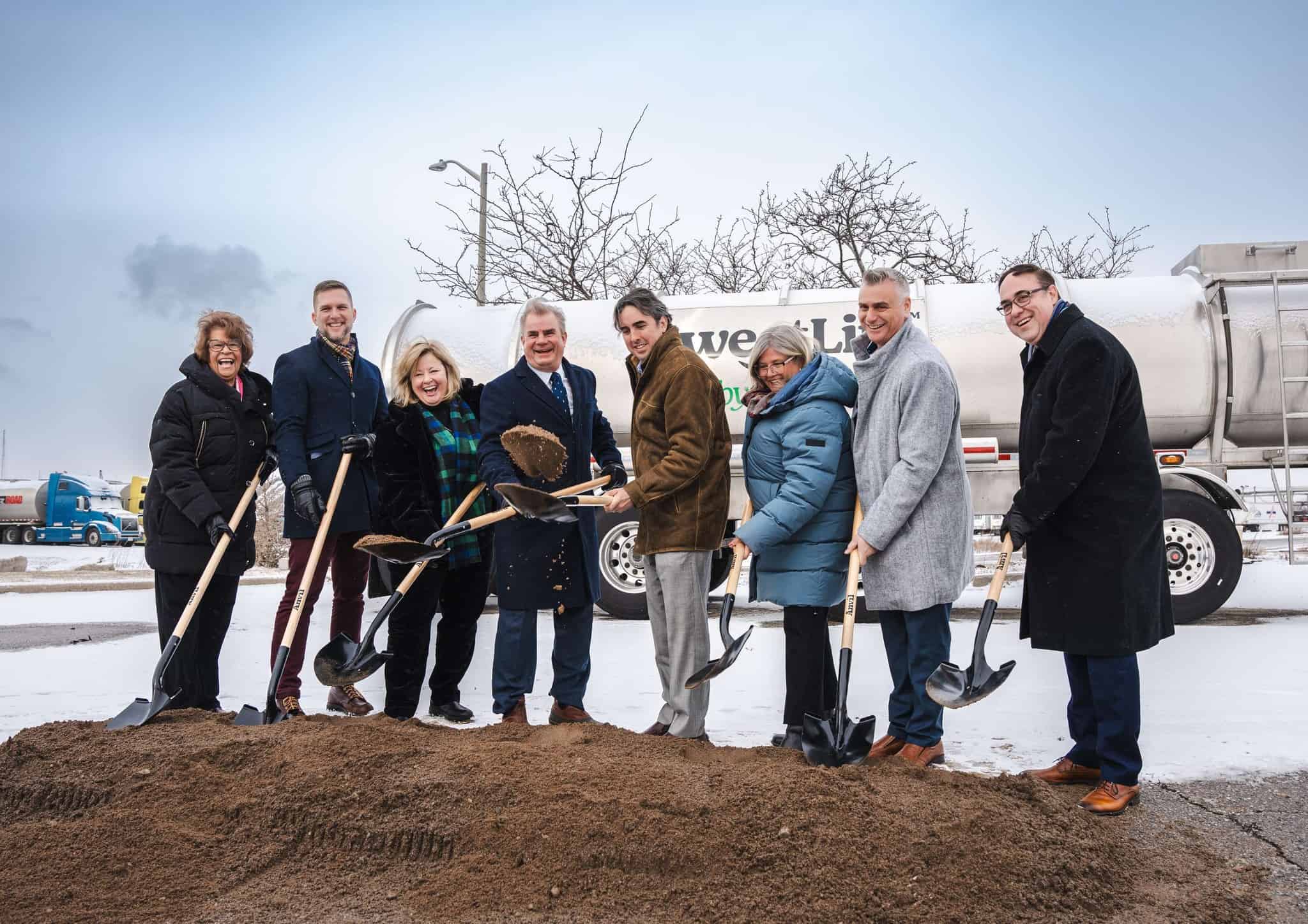Reliable supply chain key to attracting sugar plant to Hamilton, with others set to follow
Published January 24, 2024 at 8:00 am

A manufacturing industry expert believes a new sugar refinery on Hamilton’s waterfront is another sign the sector is becoming more resilient as it tries to distance itself from the supply chains woes that plagued production around the world as we came out of the pandemic.
Sucro-Can Sourcing and the Hamilton-Oshawa Port Authority (HOPA) announced last week it is building a $135 million refinery at Pier 15 in Hamilton in large part because the Port of Hamilton – already at the heart of a marine, rail and highway transportation network – is focused on improving its customer’s supply chains.
Industry expert Sheri Williams said the plant, which will be able to produce a million tonnes of refined sugar annually, making it one of the largest in Canada, is further evidence manufacturers are gaining confidence in the food industry and could spark an even greater expansion in what already looks like a promising start to the year.
“A company like this building their presence in Hamilton is allowing other manufacturers to know there will be a solid supply of sugar to meet their needs,” Williams noted, adding that it is becoming “more and more important” to keep the supply chain as local as possible.
According to the latest data from Accenture Canada, 73 per cent of companies in the manufacturing sector will be buying from regional suppliers by 2026, up from 37 per cent today as business moves away from the legacy international supply chain, which can be fraught with unpredictable geopolitical and security issues.
As well, more than 90 per cent of those companies plan to produce and sell most of their products locally in the same time period – more than twice what they do today.
Keeping your supply chain as local as possible, staying current with the ever-changing digital world and developing the ability to quickly adapt to problems as they happen – and they will happen – is the key to business success in 2024 for the manufacturing industry, Williams declared.

Already the industry is seeing huge improvements in the supply chain from the last two years – “it’s so much better than it was coming out of the lockdowns,” Williams said – but the industry can do “so much more” to make the sector more immune to future pitfalls.
“You have to make your operation more agile and resilient for when there are supply chain disruptions, because you can’t always avoid them,” she said.
A multi-skilled digital workforce also helps.
“I don’t think people realize how technologically advanced we are. And that’s what we need to drive business forward. That’s what this sugar plant can do.”
The plant is likely going to lead to a chain reaction as other companies arrive hoping to take advantage of the supply chain Sucro Canada is building. “It’s all creating new jobs, new opportunities. Now more companies can come here and create their own supply chains.”
Investments in a digitally skilled workforce also helps companies become more resilient, and Canadian companies are expected to nearly triple their investment in digitizing and automating production facilities to about $1.8 billion by 2026.
“I’s not just about, ‘what do I need to survive?’ It’s about ‘what do I need to do to thrive?’” Williams said.
HOPA Ports CEO Ian Hamilton said the facility’s new capacity and reliability will give Ontario food processors the confidence to invest in their own operations. “For us this is a huge win: driving a resilient and efficient supply chain, growing the economy and creating jobs.”






